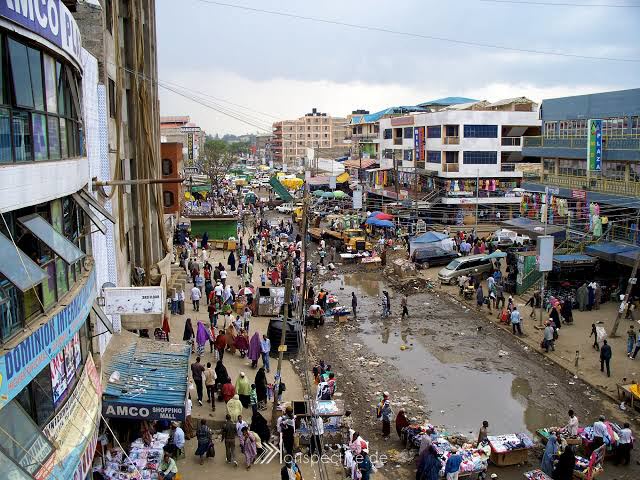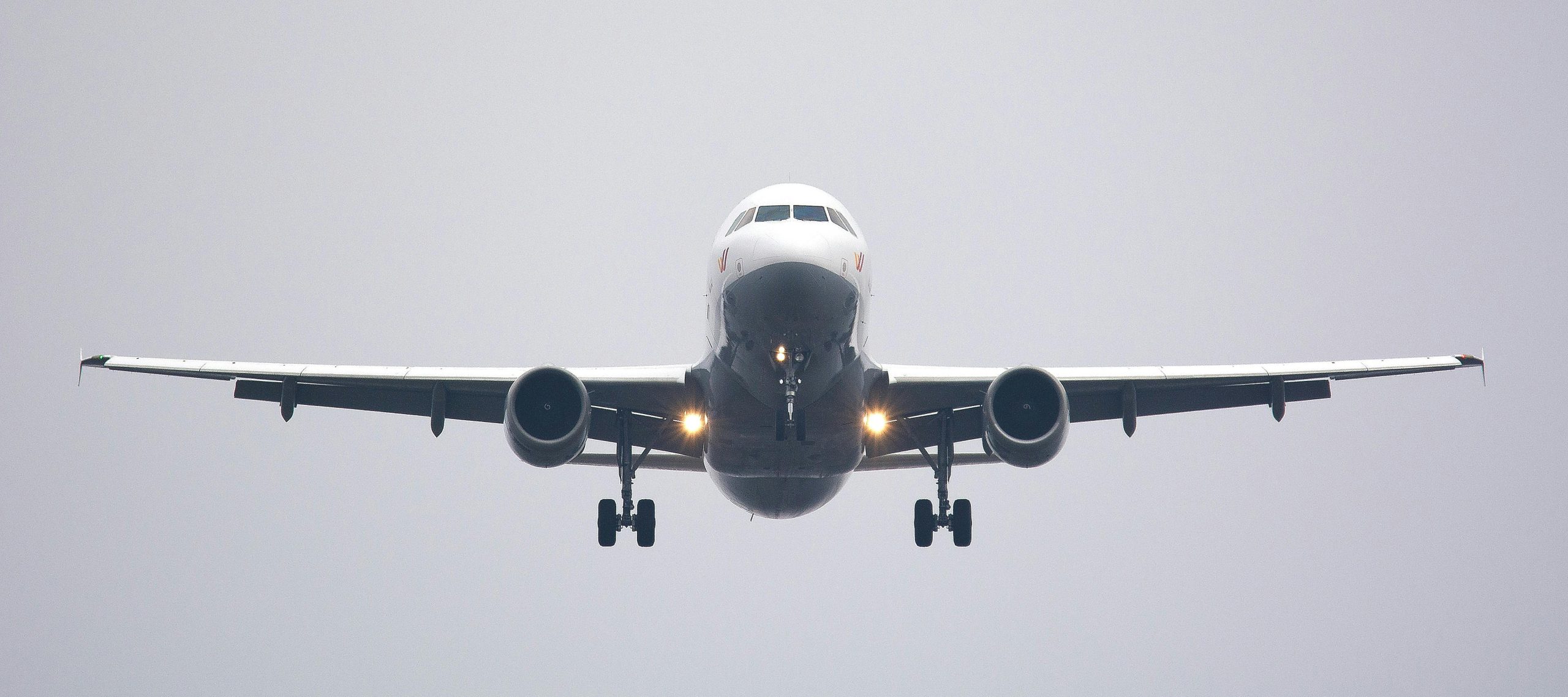Gikomba, Eastleigh and Nairobi CBD traders say stocks fast depleting over China lockdown

By Noel Wandera
Traders at Kenya’s popular Gikomba market and Nairobi’s central business district are feeling the pinch of the coronavirus outbreak in China as they deplete their stock.
Gerrishon Ikiara, a senior economics lecturer at the Institute of Diplomacy and International Studies, University of Nairobi told said that mitumba and electronics traders in the two places have been badly hit.
“We are losing a lot. Many Kenyans, who depend on clothes and electronics from China, have been badly hit,” said Ikiara.
He said the effects of the coronavirus will be felt beyond 2021 if a cure for the deadly disease is not found in the next two months.
Traders in the bustling Eastleigh area also say that their stocks are depleting fast, which may lead to a rise in prices of goods.
Regional carriers, Kenya Airways, RwandAir and Air Tanzania all suspended flights to China in January, leaving Ethiopia Airlines as the lone carrier to the Asian country.
Coffee, specialty teas, cut flowers and avocado farmers are also feeling the heat of suspended flight to China.
In July 2018, Kenya unveiled the Integrated National Exports Development and Promotion Strategy (INEDPS) to access the populous Chinese and Indian markets.
Churchill Ogutu, a senior analyst at Genghis, said as of now, the major factor will be a reduction in business between the two countries, given that many traders who go to China are not able to travel there.
Recent Kenya National Bureau Statistics figures show that by November 2019, imports from China topped Sh37.2 billion.
The death toll from the coronavirus has now topped 300 with more than 14,000 infections, forcing the World Health Organisation (WHO) to declare the virus a global health emergency.
Already, Australia, Japan and the US have imposed travel restrictions on those who have recently travelled to China, with more than 10,000 flights having been canceled since the outbreak.
Although Sub-sahara Africa has not confirmed a single case, an analyst says the region could be hardest hit outside of Asia by the spread of the coronavirus.
The outbreak has shut down entire swathes of the Chinese economy, threatening world economic growth and curbing appetite for oil and metal that are the lifeline of many African nations.












